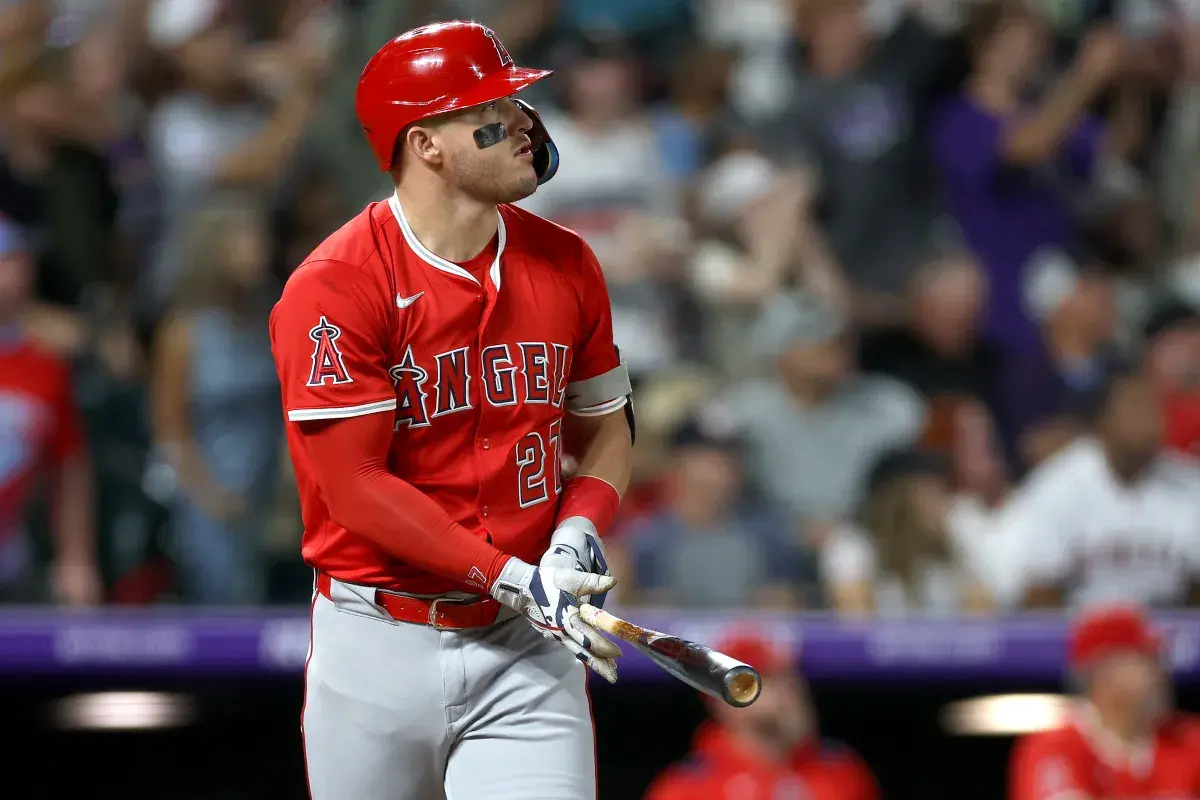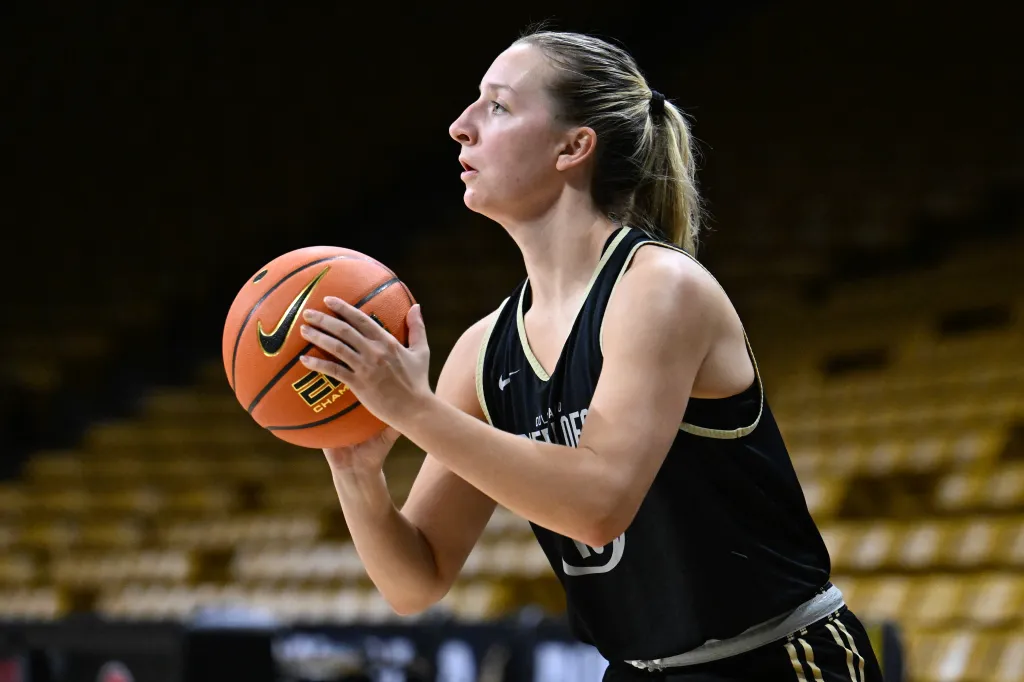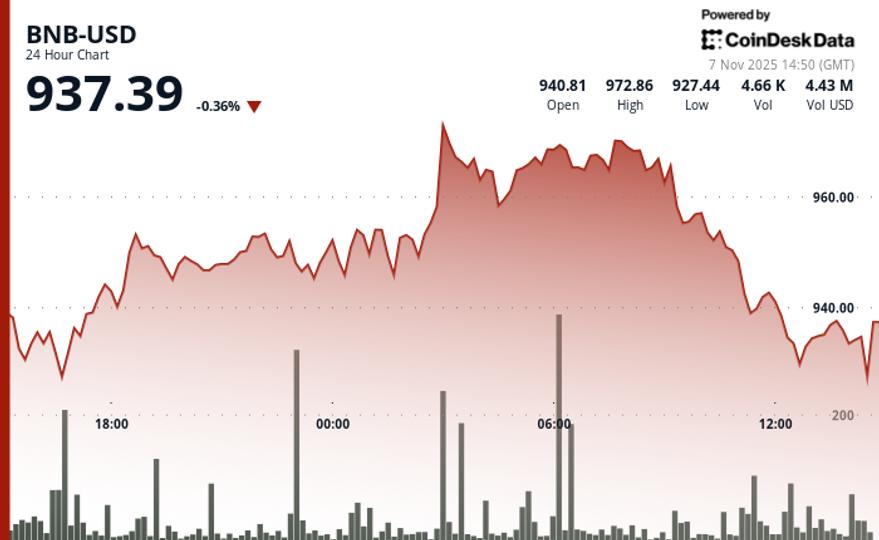Copyright Newsweek

On an unassuming suburban baseball field in 2009, two promising teenagers wielded their bats for a small collection of scouts. One, a highly touted parochial prospect, had been on the MLB draft radar for some time. His agreement to take part in this showcase came with stipulations: only a set number of swings, all of them with an aluminum bat. There would be no throws, no fly balls shagged, no grounders fielded. The absolute minimum was all the evaluators would see. The other, who came with his own local hype, had torn up South Jersey as a sophomore and junior, and was rising up the draft board in his senior year at Millville Senior High School. He stepped into the batter's box and took the requisite number of swings. He was asked to take a few more. Sure, he said. He took a few more hacks. Would he mind taking some swings with a wood bat? No problem, he said, then proceeded to lace lasers into the outfield grass. It doesn't always happen in such stories that the right player fades away, while the other becomes Mike Trout. Karma isn't perfect like that. But Trout has always been special -- reliably, consistently, boringly special -- and stories like this from his teenage days are endless. Yet now, in the fresh afterglow of yet another World Series victory by his former teammate Shohei Ohtani, Trout seems to have "faded away," according to a well-written piece by The Athletic's Britt Ghiroli. Since 2021, he has spent more time on the shelf than on the field, and after 15 MLB seasons, he's taken swings in only 15 postseason at-bats, none since 2014. The greatest player of his generation hasn't finished in the top five of American League MVP voting since 2020. And while it's true that injuries and year after year of team mediocrity by the Los Angeles Angels have dampened Trout's legend, it's not quite accurate to say Trout has been forgotten. Because even in his prime, he was taken for granted -- not only as a player, but as personality. This is a centerfielder who played at least 157 games in four straight seasons and registered 2,874 at-bats from 2012-2016, or roughly 575 at-bats per season. He led the AL with 49 stolen bases in 2012, then led the league with 111 RBI two years later. He made the offensive record book his playground and essentially clinched his spot in the Baseball Hall of Fame before his 25th birthday. When it came time to cash in, the Jersey kid who grew up idolizing Derek Jeter and wore a Philadelphia Phillies World Series hoodie after he'd been drafted by the Angels chose to stay with the team that drafted him. And here many see Trout's folly. Since then, the Yankees and Phillies have each reached the World Series and made multiple playoff appearances, while even his friend Ohtani bolted for a better part of LA. But to assume Trout regrets any of it would be the mistake -- and not only because $37 million a year tends to soften the blow. -- In some versions of the Superman comics, the superhero's secret identity of Clark Kent is well known in his hometown of Smallville, Kansas. The entire community knows the greatest secret on that fictional Earth, and every person keeps that secret because to them, he's just Clark. In Millville, it's kind of like that with Trout. At 13, Trout was tearing the cover off the ball on the Babe Ruth field behind city hall, but where many parents would begin prepping the dossier for Division I college or professional dreams, Jeff and Debbie made sure he remained a kid, not a "thing." While area powerhouses like Bishop Eustace, Gloucester Catholic and St. Augustine Prep churned out prospects, Trout remained at Millville High, where his father had played before a successful college career at Delaware and later taught history. His coaches, Roy Hallenbeck and Ken Williams, subjected him to the same ribbing as every other player, even teasing him about his preference for wearing the same size too-small jersey for all four years, so that by senior year his biceps stretched the sleeves to their limit. The simplest word might be "loyalty," but that doesn't quite fit. Loyalty implies Trout spurned others intentionally, and for him, staying where he was at wasn't about rejecting other opportunities. For whatever reason, whether due to his upbringing, his environment or something ingrained, Trout always believed in what he had around him and stuck with the ones that brought him. When the Angels drafted him in the first round in 2009, he completed his initial interview with the MLB Network cameras and then made a beeline for the small local newspaper reporters who had covered him since adolescence, unwittingly walking right past several well-known national writers, because those were the faces he knew. -- Perhaps the moment that revealed the most about what was to come for Trout occurred late in his senior season. A D-I commitment to East Carolina was in hand, the pro scouts had submitted all their final reports, and the draft was less than a month away. The high school season was over, save for a meaningless rainout makeup of a conference game against Oakcrest. That morning, Trout was scheduled to take batting practice at Yankee Stadium. The Yankees picked too late in the first round to have a chance at him, and Trout knew it, but who could turn down a chance to hit at "The House that Ruth Built"? So he wished his teammates well and took the 2 1/2-hour drive north to the Bronx. Working for The Daily Journal at that time, I thought the makeup game would make a great story. After a season surrounded by the ruckus of college and pro scouts, TV cameras, and constant speculation about their superstar teammate, what would it be like for those kids to play a quiet, bizarrely pressure-free game without him? For many of them, it was the first time in a long while that they'd see what life without Mike Trout looked like. As the teams warmed up, though, I looked down the left field line to see something unexpected: Jeff and Debbie were setting up folding chairs. What were they doing here? Did Mike go to New York without them? I was even more taken aback when I went to the home dugout to get the lineup. Sure enough, batting first and playing center field: "TROUT." He had gone to New York. He had taken BP. He had toured the stadium and met some of the Yankees' brass. Then he had cut the visit short and zipped back down the New Jersey Turnpike because there was a game to play. It was one more chance to be with his teammates, in his element, and he had to be there. Sixteen years later, it would be nice to believe this will lead to a fairytale ending, but karma isn't perfect like that. Trout is 34 now, and will be closing in on 40 when his Angels contract expires. The boy wonder has become a man. It's possible Trout never takes another postseason swing. It's possible that injuries and the wear and tear of a decade and a half of pro ball have taken their toll, and we never see another MVP-caliber season like the ones that were routine in his 20s. It's possible the fade continues. More likely, however, is that just like that afternoon against Oakcrest, Trout comes roaring back. Rather than a quiet end, he makes a statement we remember years later. And if you've seen it from the very start, you'll wonder why you were ever surprised.



